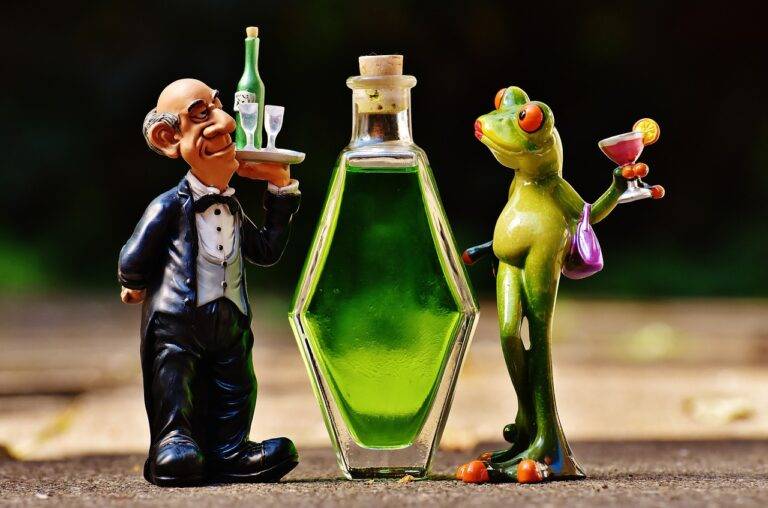Cultural Appropriation vs. Cultural Appreciation: Navigating Sensitive Themes in Festival Culture: Betbhai99 com login, Radheexch, My99exch
betbhai99 com login, radheexch, my99exch: Cultural appropriation vs. cultural appreciation is a hot topic in today’s society, especially within festival culture. With the rise of music festivals and events celebrating various cultures, it’s important to understand the difference between the two and how to navigate these sensitive themes respectfully.
Understanding Cultural Appropriation
Cultural appropriation occurs when elements of a minority culture are adopted by members of a dominant culture without proper understanding or respect for the cultural significance behind them. This can include wearing traditional clothing, using sacred symbols, or participating in rituals without acknowledging the history and meaning behind them.
Why Cultural Appropriation is Harmful
Cultural appropriation can be harmful because it perpetuates stereotypes, disrespects sacred traditions, and diminishes the importance of cultural practices. It can also lead to the commercialization of cultural elements, turning them into trendy fashion statements without considering their significance to the cultures they belong to.
How to Practice Cultural Appreciation
Cultural appreciation, on the other hand, involves respectfully engaging with and learning about different cultures. This can include attending cultural events, supporting minority-owned businesses, or participating in cultural exchange programs. It’s important to approach cultural appreciation with an open mind and a genuine interest in understanding and respecting the traditions and beliefs of others.
Navigating Sensitive Themes in Festival Culture
When attending festivals that celebrate different cultures, it’s essential to be mindful of how you engage with cultural elements. Here are some tips for navigating sensitive themes in festival culture:
1. Educate Yourself: Take the time to learn about the history and significance of the cultural elements being showcased at the festival.
2. Respect Traditions: If you are participating in cultural practices or wearing traditional clothing, make sure to do so respectfully and with the appropriate context.
3. Support Authenticity: Seek out and support artists and vendors from the cultures being celebrated at the festival to ensure that they are benefitting from the event.
4. Listen and Learn: Take the opportunity to engage with members of the culture being showcased at the festival and listen to their perspectives and experiences.
5. Reflect on Your Intentions: Be honest with yourself about why you are engaging with cultural elements at the festival and ensure that your intentions are respectful and genuine.
6. Be Open to Feedback: If someone points out that your actions may be appropriative, listen to their feedback with an open mind and be willing to make amends.
FAQs
Q: How can I tell if I am engaging in cultural appropriation?
A: If you are unsure if your actions may be appropriative, it’s best to do some research and consult with members of the culture in question to gain a better understanding.
Q: Can I participate in cultural practices from different cultures?
A: It’s okay to participate in cultural practices from different cultures as long as you do so respectfully and with the appropriate context and understanding.
Q: What should I do if I see cultural appropriation at a festival?
A: If you see cultural appropriation at a festival, you can speak up and educate others about why certain actions may be harmful or disrespectful.
In conclusion, navigating sensitive themes in festival culture requires a thoughtful and respectful approach to engaging with different cultures. By practicing cultural appreciation and being mindful of the impact of our actions, we can create an inclusive and respectful festival experience for all.







